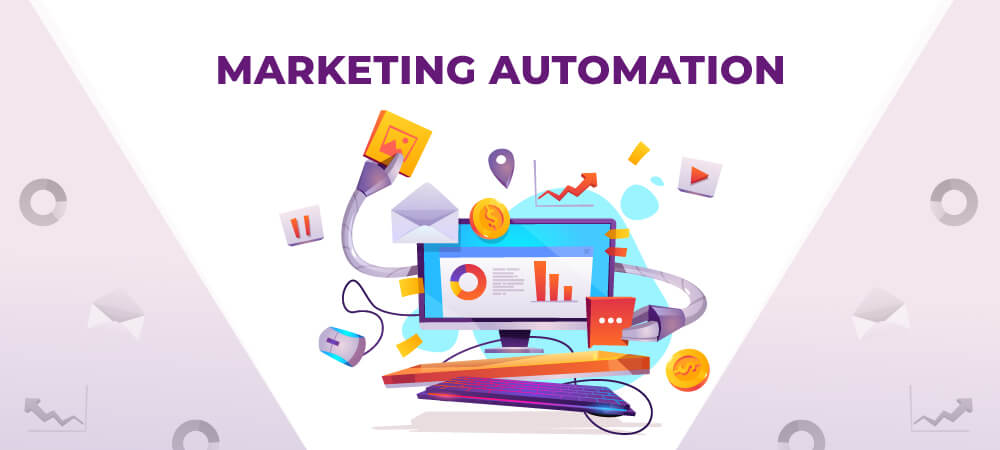Marketing campaign automation is a productive and measurable way to improve engagement with your potential customers. Automation can not only reduce your redundant work but also help you establish strong relationships with your customers. Brands generally use it to interact with prospects and customers on the channels of their choice (email, text messages, social channels, and more), based on certain activities or triggers, schedule social media posts, or run campaigns on other channels automatically. But the applications of marketing automation are not limited to that.
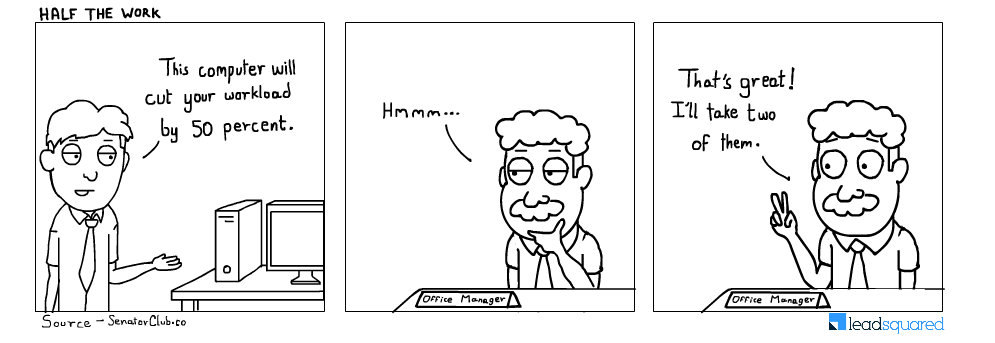
If you see, around 49% of companies use some form of automation for marketing campaigns. However, according to Automizy, 16% of marketers say creating quality automation as their primary challenge, and 20% of agencies struggle to find the right marketing automation tool. So, in this read, I will tell you how to make automation work for you. But first, a quick touch up on basics.
What is marketing campaign automation?
Marketing campaign automation is a way to engage with consumers based on specific triggers. You can engage with your leads across multiple channels: text messages, instant messages, emails, social media posts, WhatsApp, and comments, for instance.
However, to drive actual benefits from marketing automation, you need to know how to bind data, rules, and content and create a complete customer journey. To make it clearer – data is the information or attributes of your potential/existing customers. You collect data to understand customer preferences. Then, their activity will trigger the journey. For example, when a potential customer clicks on a link or retweets your post, it will trigger the automation workflow.
Next comes the rules. Rules define the journey. In this context, an automated system may have a ‘rule’ of sending an email or an instant message to the person after said activity.
Lastly, the content is the material that the consumer receives and interacts with along the journey. It can be the text in your email, an ebook, a video, an event (webinar, for instance), to name some.
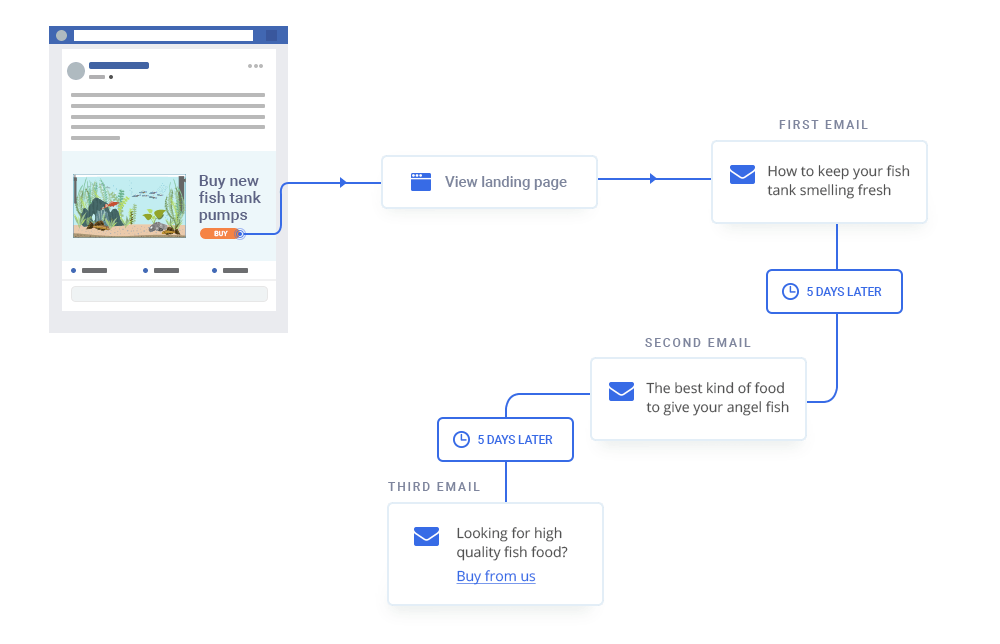
Marketing automation brings data, rules, and content together under one roof. This integration allows you to build a much more personalized journey for the consumer. So, instead of blasting emails/SMS from time to time, you can communicate based on customers’ interaction with your business.
Why should you personalize your marketing campaigns?
One of the best use cases of automation is personalization. Automation makes it easier to collect data and use it effectively. We have seen an increase of 327% in email open rates, with simple subject line personalization. Personalization will also increase ROI from your email marketing campaigns. Apart from emails, you can use personalization in other channels as well, such as text messages and IMs.
Personalizing content becomes effortless once you have the right data. While the datapoints would depend on your business, following are some of the most used ones:
- Gender
- Age
- Interests
- Geographic location
- Job title or size of the business
- Previous purchases
- Behavioral data
Collecting these data is simple. Either you can ask the visitors to provide these data via forms on your website or you can use website cookies to track general information such as locations (with permission, of course). Regarding previous purchase history, you can identify them from your CRM/ERP systems. Now that you have the datapoints in place, you can kick-start your personalized marketing campaigns. For instance, you can use automation to send birthday greetings along with a few seasonal offers. You can also use the above data to provide personalized discounts.
See an example of creating personalized communication (screenshot: LeadSquared CRM + Marketing Automation suite) in marketing campaigns.
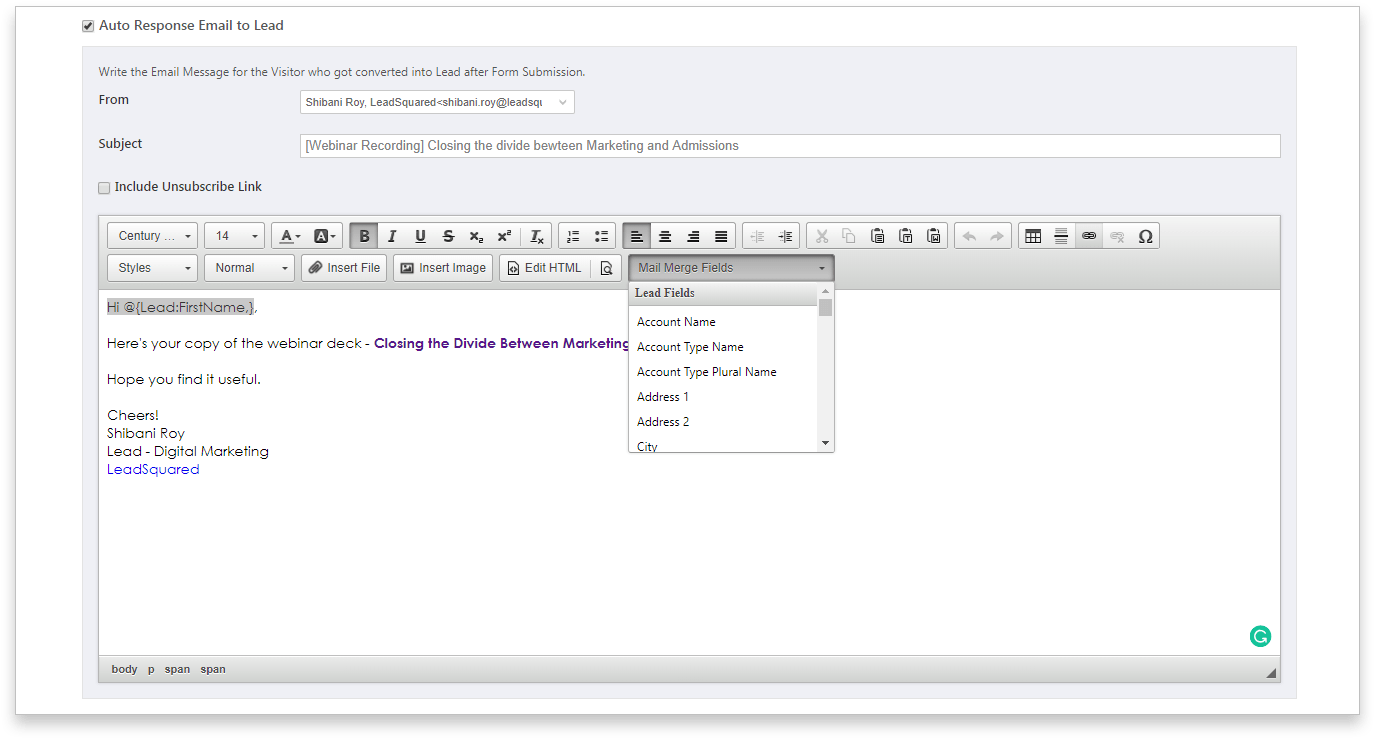
Now let us see how software designed for marketing campaign automation helps.
What is marketing automation software? How does it help in campaign management?
Marketing automation software is a digital tool that lets you create, execute, and manage campaigns across different platforms, along with lead capture and engagement automation. It helps you provide your customers with a personalized journey without you having to break a sweat. Such personalization keeps your brand relevant among your prospects and customers.
Depending on your requirements, you can use a standalone tool or a software that integrates with other cloud services and social media services. Essentially, you need a platform to interact with your prospects/customers from one place. Marketing campaign automation software serves that purpose.
Now you may think that by using automation, your brand would lose the human touch. However, the case is quite the opposite. With marketing campaign automation software, you can treat every customer as an individual and establish a long-lasting relationship.
Related:
Applications of marketing campaign automation software
Marketers use automation software to optimize campaigns. The types of automation may vary from macros in a spreadsheet to end-to-end campaign management in CRMs. Depending on your campaigns, the requirements may vary as well. But, at their core, the marketing campaign tools can help you with the following:
- Creating marketing collateral (for example, landing pages)
- Scheduling content (for example, emails, SMS, notifications)
- Lead generation and scoring (via lead capture and qualification automation)
- Lead nurturing
- Retaining customers
- Recovering abandoned carts
- Analyzing the collected data.
Marketing automation tools are essential for acquiring new customers. At the same time, they are also helpful in maintaining relationships with the existing ones. After all, acquiring new customers is much more expensive than retaining the existing ones. Furthermore, old customers who are still engaged with you also mean a loyal customer base. They are vital for the bottom line of a business.
To understand marketing automation better, look at the following use case:
Campaign automation use case: email automation
As we know, one of the most popular forms of marketing campaign automation is email automation.
Automated emails have a much higher open rate and can even generate more revenue. For instance, they have six times higher click-through rates than Twitter. They are also 40 times more effective than Facebook and Twitter at acquiring new customers.
In the case of email automation, the customer will receive emails based on specified triggers. The brand can specify triggers such as birthdays, abandoned carts, personalized offers during holidays, or offers based on interests.
One simple example could be a welcome email. Once a customer signs up for the mailing list, you can send an ice-breaker email with a discount link or referral codes. Writing every email manually would be too time-consuming for you. Also, it will not be possible in real-time. By the time you will send the email, your competitor might have won the customer. So, you must be prompt at sending responses. With automation, you can maintain that personal touch while keeping up with your increasing customer base.
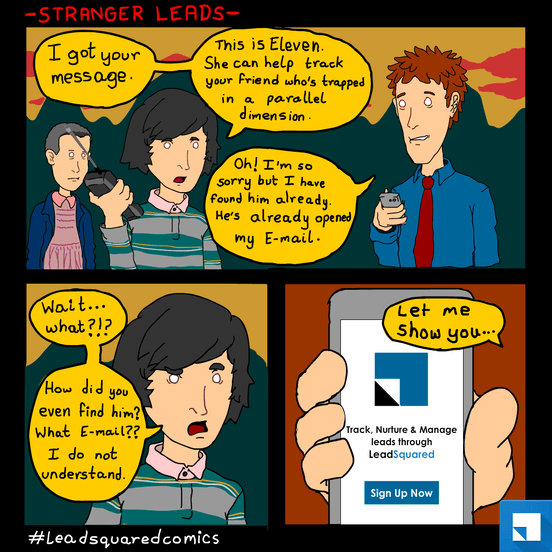
Benefits of marketing campaign automation
With automation, you can determine the appropriate schedule for communication with your prospects. Plus, automation helps a lot with the after-sales process.
Let us take an example. You are using marketing automation for your campaigns. Afterward, you converted a lead into a customer while your campaign is still on. Now, the customer has feedback for the product/service he recently purchased. Instead of redirecting the customer to your customer support team, your support team can access the feedback from your marketing automation suite and address the concern instantly – saving the campaign from negative sentiments from customers.
Automation software also gives you real-time visibility of your campaign performances. That way, if something is not working, you can fix that – instantly.
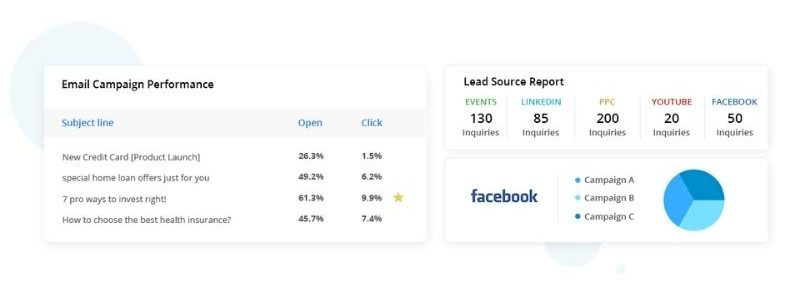
Look at some more benefits that you get by automating your marketing campaigns:
- Reduce repetitive tasks: Campaign management tools significantly reduce the need to perform repetitive tasks. For example, personalizing individual emails and sending them one by one can be a tedious task. Similarly, engaging with people on social media can also be monotonous and time-consuming. You can use automation to simplify these activities.
- Better customer/prospect targeting: With the data and predefined rules, the software program can deliver the right content to the right person at the right time.
- Improve customer experience (CX): With automation, the customers will not get a generic message. Your campaign message will be addressed to an individual and not to a group. It indicates that you value your customer.
- Reduce human error: When tasks are repetitive, the chances of human error creeping in also goes up. You can eliminate that with automation.
Are there any challenges in marketing automation?
Traditionally, large enterprises used an in-house system for automation of some sort. However, this was not complete and had several drawbacks. Also, because they were enterprise-specific, they had their unique process – understandable only to the internal staff, which meant slower learning curves and adaptability issues for new hires.
Then came the cloud era. Although marketing automation software was now on the cloud, it still catered to a designated group of people who had prior experience using organizational software tools. Moreover, users still needed extensive training to understand the software.
Another challenge that organizations faced was that of partial automation. Early age software could not integrate with hundreds of lead generation channels and other tools that marketers used. So, marketers ended up using separate systems for different purposes. Thankfully, this is not a concern now. Some software like LeadSquared integrates with many third-party apps to give you end-to-end marketing campaign automation. Even where some integrations are not out of the box, there are APIs available that make connecting different tools easy.
Plus, with the growth of SaaS (Software as a Service) models of marketing automation tools, small businesses and enterprises can utilize the on-demand availability of the software and scale up/down as per their requirements.
How does marketing campaign automation work?
Here are some examples of how leading brands make use of automation in their businesses.
- Onboarding with email marketing: Brands n use email marketing to tell people more about their company, and to help customers get started when they sign up. For instance, brands send a welcome email after people sign-up for their services, followed by more emails on a weekly/monthly basis to keep people engaged and informed.
- Nudging before or after purchase: Brands often send reminders via emails. For instance, Nissan sends an email to consumers six months after the purchase to get the car tuned up. It also adds more revenue for the company. Brands can also nudge consumers (with lucrative offers ) before a purchase, where they have added a product in the cart but have not checked out. For example, look at the following email from Amazon.
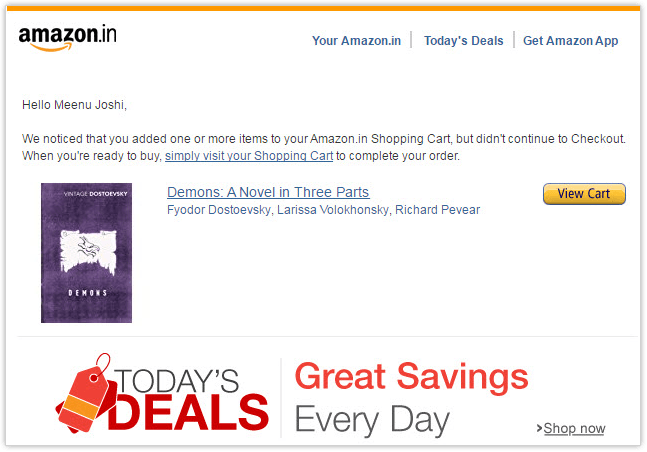
- Birthday offers: Most brands provide birthday emails. These emails are one of the most effective emails that a business can send. They have much higher revenue per email over standard promotional emails.
- Loyalty rewards: Brands give VIP offers or loyalty rewards to old customers. For instance, if a customer purchases items worth $500 in a week, they will get a coupon. Alternatively, if they make regular purchases, they will be eligible for certain offers. You can easily automate such offers and discounts for individual customers.
- Re-engagement campaigns: Brands use this type of marketing campaign to revive their relationship with old customers. Automated systems can sift through customer data and tell the customer how they have engaged with the company before and if they would like to engage with the brand again. Some brands also provide exclusive offers to re-engage the customer.
- Product/content update: When the brand launches a new product or posts a blog article, they can update interested customers via emails. They use automation to share these updates on their social channels periodically.
Wrapping up
Marketing campaign automation is essential, no matter what the size of the business is. The key idea is to bind data, rules, and content effectively. Automation is not as expensive as it was before. Recently, there are many tools available in the market that you can use to introduce automation in your system. However, it is better to invest in more scalable systems that can integrate with other services.
If you are looking for CRM and marketing automation combo, take LeadSquared for a test spin. Book a Demo!







